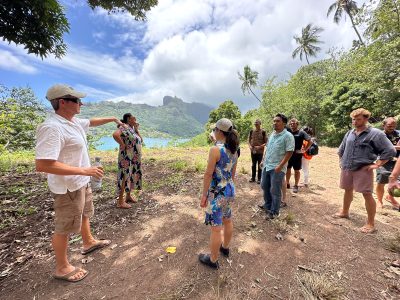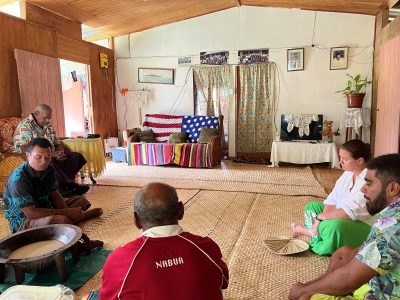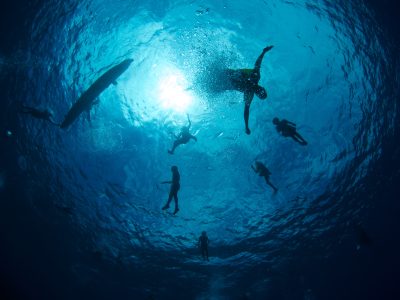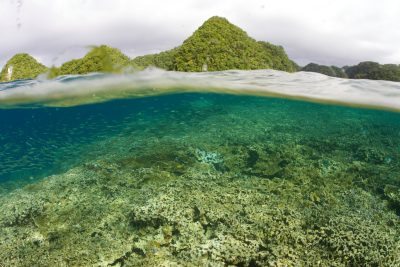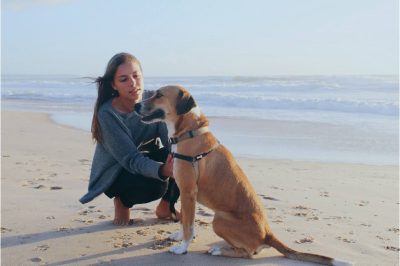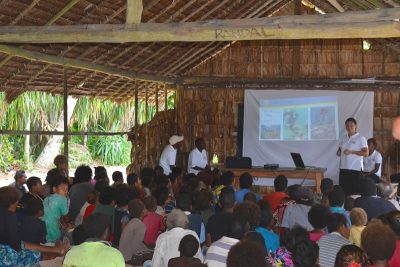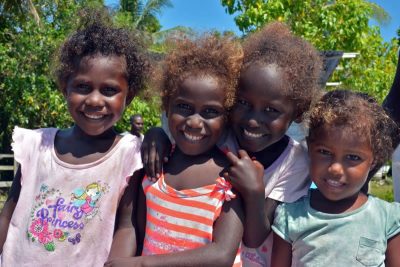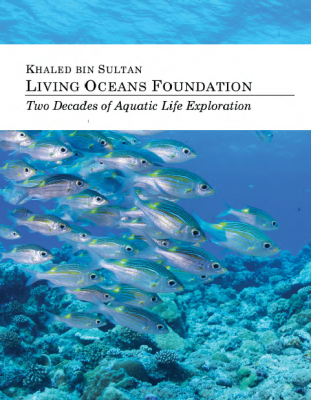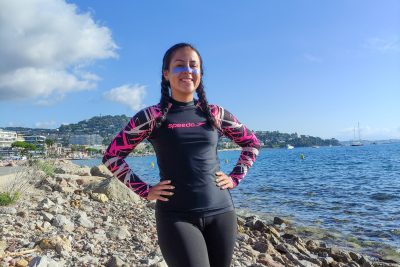
Introducing Our Outreach Volunteer: Shaping the Future of Ocean Education
Hello, I am Luz Verónica Delvasto Algarín, an enthusiastic environmentalist with a deep commitment to marine conservation and restoration. My journey in marine science and passion for environmental education have led me to a vital role as an Outreach Volunteer

